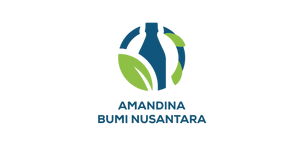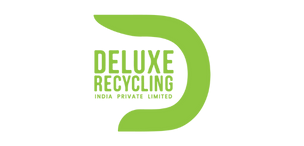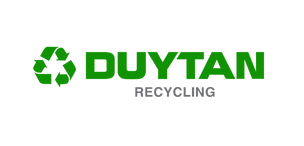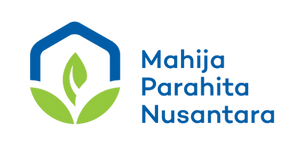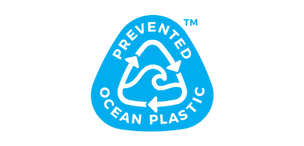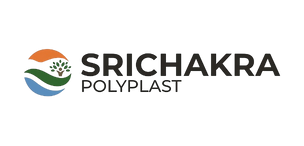Harmonized Responsible Sourcing Framework for Recycled Materials


Overview
The Harmonized Responsible Sourcing Framework for Recycled Materials (“Harmonized Framework”) is the first global effort to establish a harmonized and actionable framework to implement responsible sourcing practices for all actors in recycling value chains.
First released in 2024, the Harmonized Framework provides a practical approach to implementing responsible sourcing practices that can be adopted by all stakeholders. The Harmonized Framework has been developed through the lens of waste workers, including informal waste sector workers.
The second edition of the Harmonized Framework has been expanded to cover all recycled materials, not just plastics. It incorporates insights from the Responsible Sourcing Initiative’s five implementation projects, as well as input from partners and stakeholders in emerging economies, ensuring that the Harmonized Framework offers practical guidance that reflects real-world scenarios for actors across the value chain.
Tools and Resources
To support the implementation of the Harmonized Framework, we provide a set of practical resources and tools that help actors across the recycled materials value chain translate principles into action. Built on existing best practices, and tested through our implementation projects, these tools and resources are designed to continuously evolve alongside the Harmonized Framework.
Highlights

Thematic
approach
Aligns definitions, thematic areas, and indicators to clarify what responsible sourcing means, reduce burdens on businesses, and guide local solutions toward measurable progress.

Informed by
sector experts
Incorporates contributions from representatives of over 50 diverse organizations, including informal sector groups representing waste pickers, global corporations, investors, recycling companies, and civil society organizations.
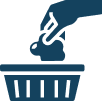
Draws from established frameworks
Builds on established frameworks, including the Fair Circularity Principles, the UN Guiding Principles on Business and Human Rights, and NextWave Plastics’ Framework for Socially Responsible Ocean-Bound Plastic Supply Chains.
Who is the Harmonized Framework for?
The Harmonized Framework is designed for all stakeholders across the recycling value chain and provides flexibility for each actor to prioritize relevant themes and indicators and to adapt the tools to their requirements based on value chain conditions, baseline assessment status, and available resources.
Brands face growing pressure to comply with industry regulations such as extended producer responsibility (EPR), report on their impacts, manage reputational risks, meet the demand for recycled materials, and address due diligence and disclosure requirements.
Using the Framework:
Evaluate performance against human rights best practices, conduct robust due diligence, strengthen supplier capacity, and meet legal and regulatory requirements.
Investors are expected to evaluate social and environmental performance within their portfolios and comply with disclosure and due diligence requirements.
Using the Framework:
Assess and strengthen human rights practices and supply chain improvement programs, conduct robust due diligence, and minimize reputational and regulatory risks.
Recyclers are expected to meet demands for traceable and responsibly sourced recycled materials from buyers.
Using the Framework:
Clarify goals on human rights and ethical business processes, engage with suppliers and informal sector actors, conduct due diligence, and align internal practices with buyer expectations.
Aggregators often operate with limited resources, insufficient business documentation, and inadequate workplace health and safety systems, making it challenging to meet global expectations around traceability and worker protection.
Using the Framework:
Implement practical tools and guidance to strengthen supplier documentation, improve traceability, build foundational systems for robust supply chain management, and support workers.
Informal waste sector workers, including waste pickers, are the backbone of global recycling value chains, yet they often operate without formal recognition, fair income, or access to basic protections.
Using the Framework:
Conduct due diligence, implement risk mitigation and remediation, and create pathways to improve occupational safety, income security, grievance mechanisms, and access to social protection.
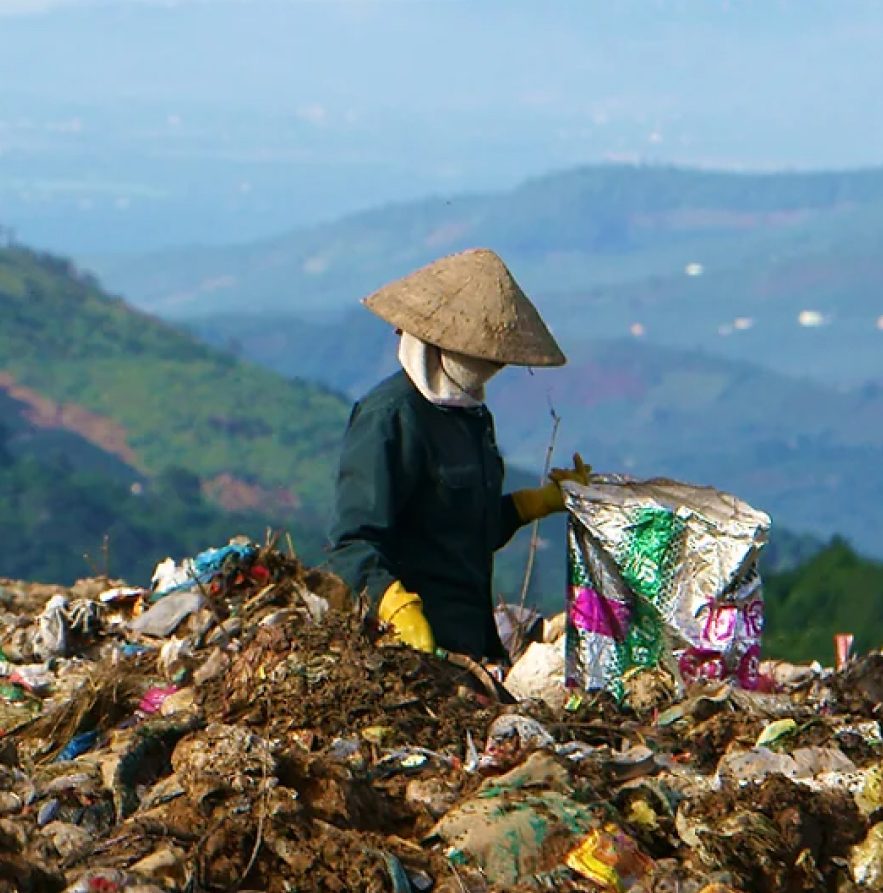
Testimonials
“Helping to improve the working and living conditions of waste pickers, some of the most marginalized workers in the global collection and recycling value chains, is an important focus of Tetra Pak’s commitment to the UN Guiding Principles (UNGPs) on Business and Human Rights. We see The Circulate Initiative’s Harmonized Framework as a valuable tool to advance due diligence in collection value chains and to inform company and multi-stakeholder efforts to address pressing challenges in specific contexts, whether that is supporting access to education, promoting workplace safety, or encouraging the use of well-designed PPE. We continue to pilot the Framework in collection value chains of food and beverage cartons, striving to place waste pickers at the heart of a more equitable recycling ecosystem.”
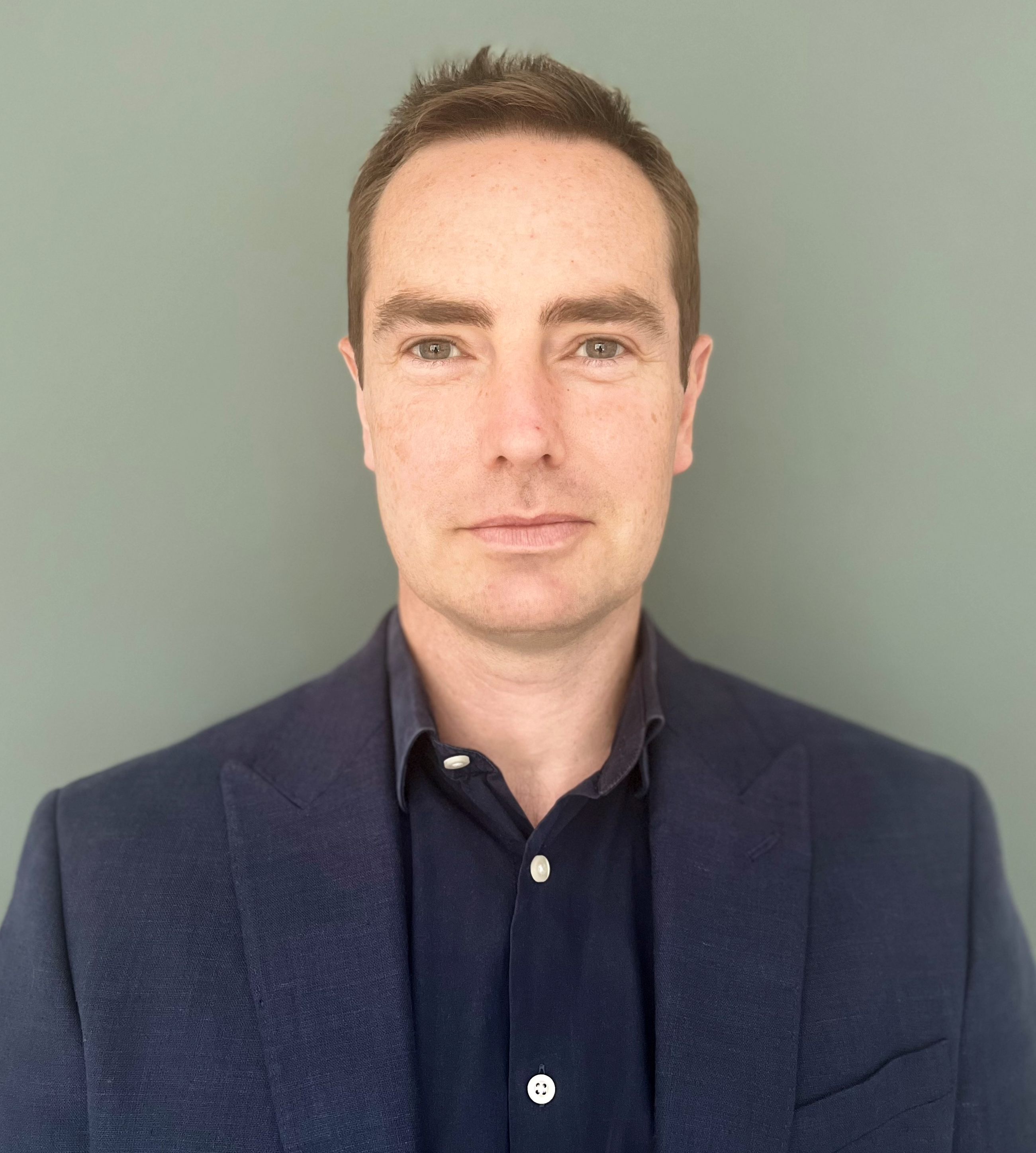
Francis West
Director of Social Sustainability,
Tetra Pak
“By promoting greater transparency, inclusion and more equitable livelihoods, we aim to advance the human rights of informal waste pickers and to improve responsible sourcing practices. With funding support from The Coca-Cola Foundation, The Circulate Initiative and additional grantee partners have worked to integrate the Harmonized Responsible Sourcing Framework into their programs, helping amplify its positive impact. The framework’s success hinges on the collective efforts of companies and stakeholders, and we believe it has the potential to become a globally recognized framework for developing and maintaining more responsible recycling supply chains.”
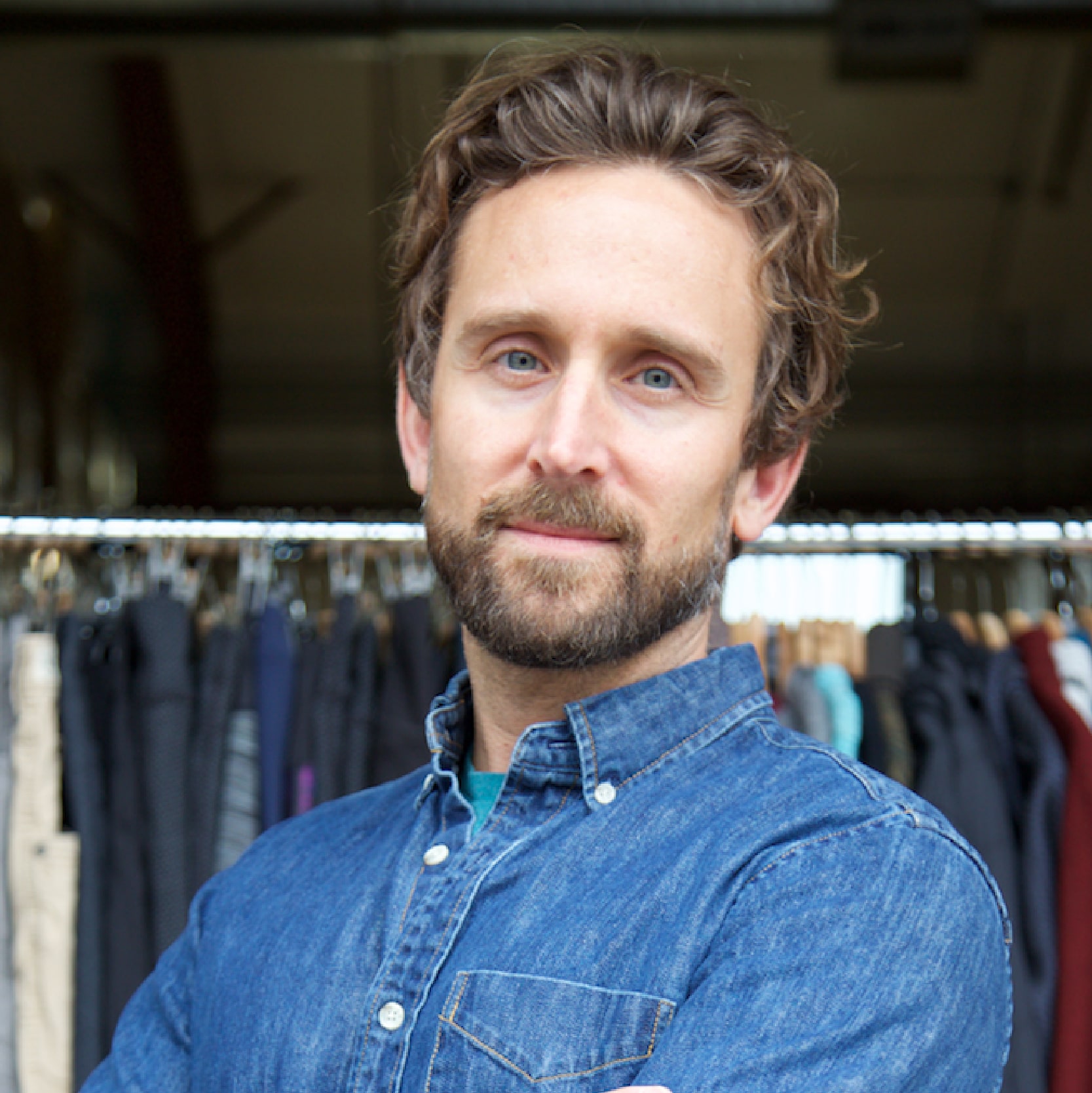
Jeff Denby
Senior Director,
The Coca-Cola Foundation
“The Harmonized Framework makes an enormous contribution towards improving the lives of workers in recycled plastics value chains by supporting actors at all levels to implement responsible sourcing practices. Reaching consensus on the key challenges faced by informal waste workers, and the steps that are needed to address them, enables companies, aggregators, and recyclers to move quickly to action. It is vital that all companies in the value chain align their responsible sourcing goals with the priorities set out in the Framework, to ensure the critical mass of effort and engagement necessary for systemic change.”
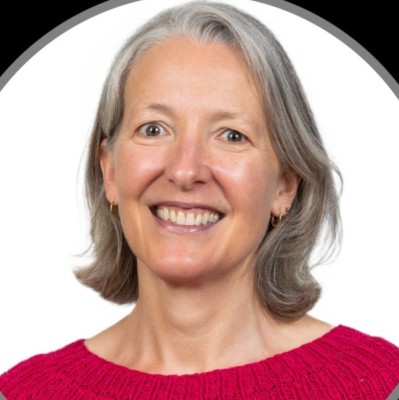
Jenny Holdcroft
Director,
Shift
“One of Mr. Green Africa’s founding principles is a commitment to the equitable, fair treatment and payment of informal waste collectors. As a company, we’ve already achieved B Corp accreditation thanks in large part to our commitment to these principles, but the Responsible Sourcing Framework is a significant step forward in embedding this approach further, by giving all of us operating in the sector a shared set of targets and metrics to work towards. This common language will enable us to measure progress more effectively, cooperate and collaborate on shared objectives, and create a sustainable waste ecosystem in which everyone is treated fairly and respected for the role they play in creating a cleaner, safer environment for all to enjoy.”

Keiran Smith
Co-Founder and Group CEO,
Mr. Green Africa
“As an investor in solutions across the recycling value chain, Circulate Capital is committed to scaling models that protect human rights and improve livelihoods. Implementing this framework will help us bring greater transparency, de-risk investments, and make progress on the plastic pollution challenge. For these reasons, we call on all investors to join us in adopting the Harmonized Framework.”
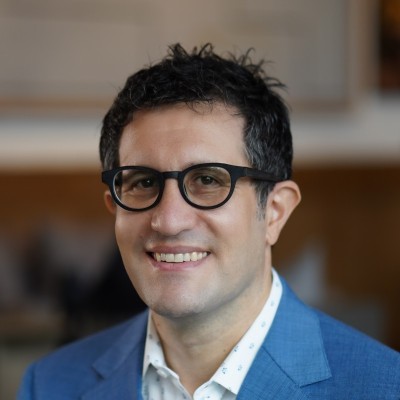
Rob Kaplan
Founder and CEO,
Circulate Capital
“While the contributions of informal waste pickers to curb plastic pollution are being increasingly acknowledged, guidelines and frameworks to protect their work are still patchy. The harmonization of responsible sourcing frameworks spearheaded by the Circulate Initiative is a commendable initiative. The work WIEGO is doing on its project Near Real Time Monitoring of Extreme Weather Events in cooperatives across 6 cities in Brazil has provided evidence on the need to acknowledge the intersection of circularity, climate mitigation and waste pickers and the urgent need for concrete policies that help leverage the contribution these climate and circular economy frontline agents already give to climate mitigation and plastic circularity. Thus, I welcome the recent work done towards bringing on a climate perspective onto the existing set of indicators.”

Sonia Dias
Waste Specialist,
Women in Informal Employment: Globalizing and Organizing (WIEGO)
As Adopted By
*Adoption of the Harmonized Responsible Sourcing Framework for Recycled Materials (Harmonized Framework) describes stakeholders across the recycling value chain (including investors, brands, recyclers, aggregators, and waste-worker organizations) that have formally committed to, endorsed, and/or utilized the Harmonized Framework as a guiding tool to strengthen responsible sourcing, human rights due diligence (HRDD), and inclusion of informal waste sector workers.





